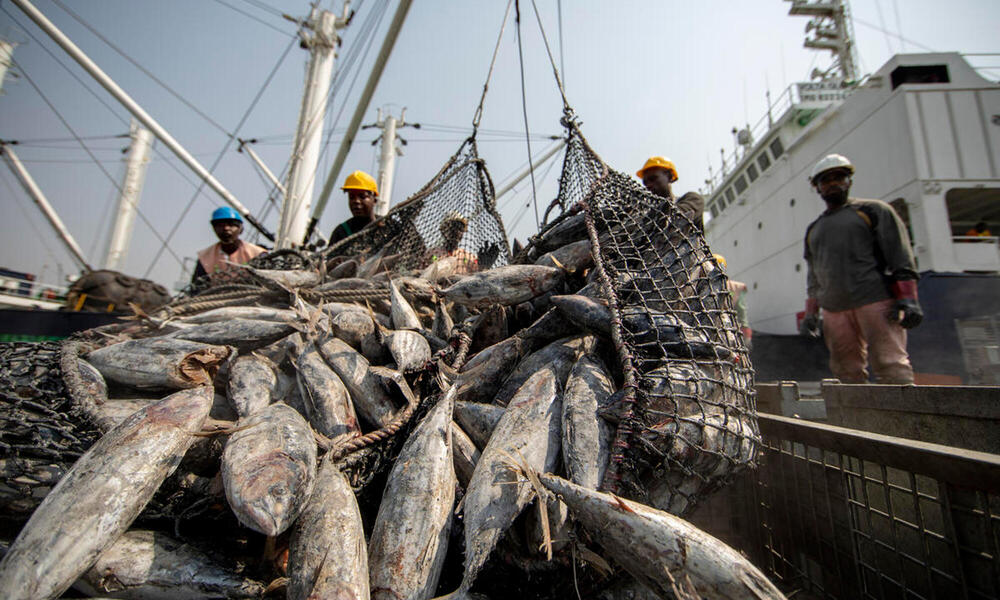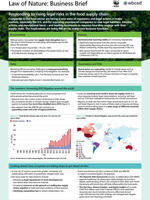What WWF is Doing
To help companies make more informed choices and influence their supply chains and peers, we are working to:
(1) Clarify expectations from governments and NGO partners,
(2) Provide access to expertise and shared knowledge in building tools, and
(3) Level the playing field through transparent identification of choices companies are making.
We combine the best insight in traditional corporate functions of law, compliance, finance, procurement, employment, sales, and more, with scientific research to drive action in:
Policy and enforcement under US laws – Legislatures, regulators and enforcement personnel need knowledge of the issues, how they manifest in industry, how to provide clarity to industry and how to identify good and bad actors, including through protection of whistleblowers.
Policy and enforcement under international law – Work with other nations needs to happen directly just as with the US government, and international treaty negotiators and bodies like the UN need the expertise too.
Direct company engagement – Companies need to cover their own operations and supply chains (including multiple levels of production) to implement:
- Codes
- Traceability
- Tools and capacity building
- Oversight/ongoing due diligence (nature to depend on substance of law – e.g., appropriate labor (worker voice, responsible recruitment, audits), extraction rights within permissible limits, corruption vetting, compliance with laws on fraud, consumer safety, etc.)
- Transparent evaluation
- Remediation – e.g. rescue/compensate workers, rebuilding environments
Engagement in industry platforms – When solutions require multiple levels of supply chain cooperation or need industry aligned to compel standards.
Collaboration with and learning from NGOs – Educating industry on issues, bringing credible independent evaluation to operations, also sharing learning on what is most productive for industry.
Private rights of action – Monitoring trends in plaintiffs challenging companies to disclose more about risks of illegality in supply chains, compliance with certifications or to prove effectiveness of codes.
Want to learn more or discuss?
Get in touch with Corey Norton, VP Supply Chain Legality: @CoreyLNorton on Twitter or [email protected].


